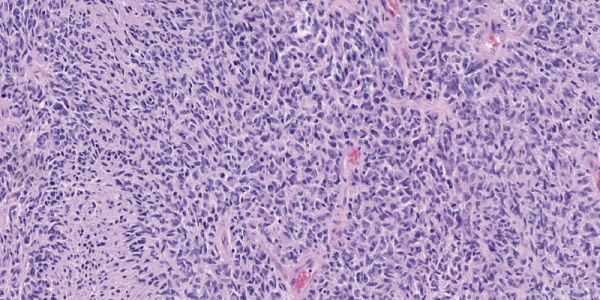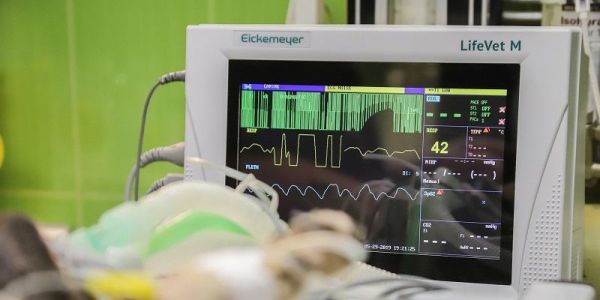
Brief encounters: how fleeting protein interactions shape health
The UK's leading scientific academy – the Royal Society – has announced that Professor Sheena Radford is to receive one of its most prestigious research awards.

The UK's leading scientific academy – the Royal Society – has announced that Professor Sheena Radford is to receive one of its most prestigious research awards.

A new study involving the University has found that since the first coronavirus lockdown the number of people diagnosed with bowel cancer in England has fallen sharply.

Hundreds of cancer patients have benefitted from using computer algorithms to manage their symptoms and improve their wellbeing in a unique UK trial.

Researchers have for the first time identified the way viruses like the poliovirus and the common cold virus ‘package up’ their genetic code, allowing them to infect cells.

A new Leeds-based brain tumour Tissue Bank is set to open following donations from two Yorkshire charities.

Two new research programmes aimed at reducing the effects and transmission of COVID-19 have been announced.

Results from a study of children with cancer who tested positive for COVID-19 has found they were not at an increased risk of getting a severe coronavirus infection.

A new less invasive treatment is safer than standard major surgery for early-stage rectal cancer, giving patients a better quality of life with fewer life-altering side effects, a pilot study shows.

University of Leeds research has shown how microbubbles carrying powerful cancer drugs can be guided to the site of a tumour using antibodies.

A new study suggests that COVID-19 guidance in Sweden may have reduced people’s risks of having a heart attack.